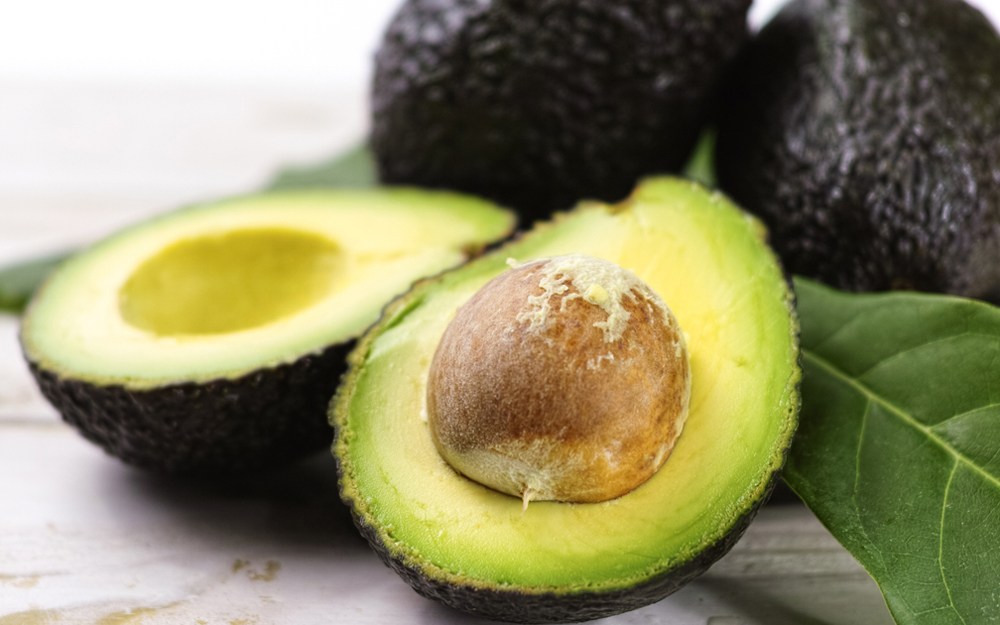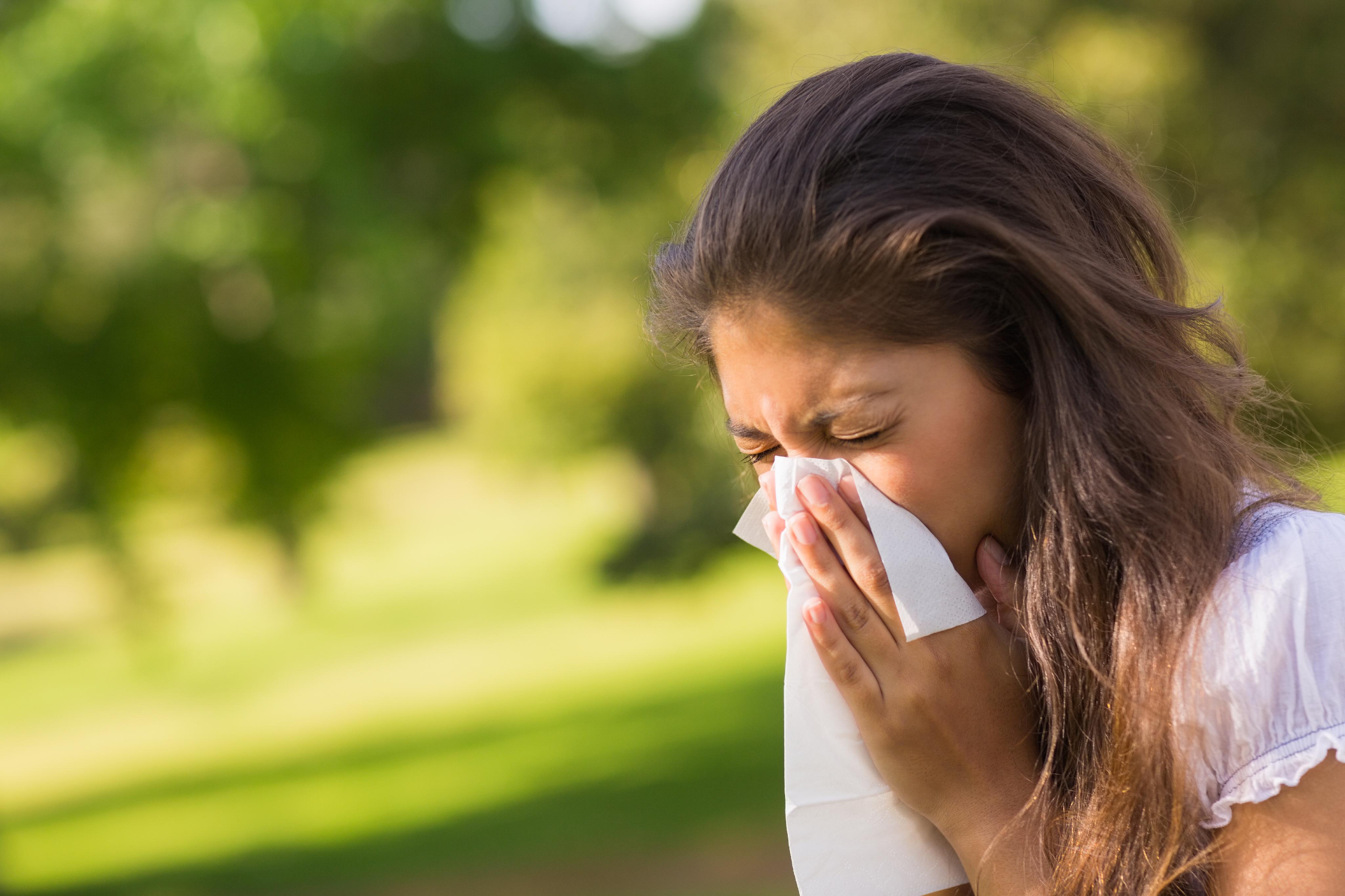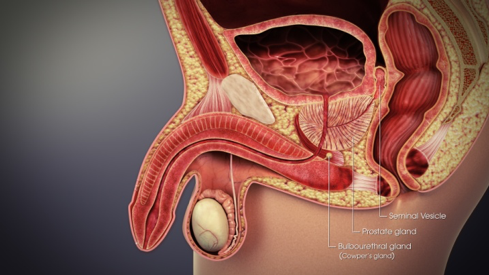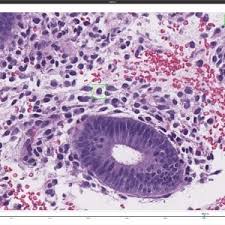As early as June, parts of the US South and West have already experienced record heat waves, with extreme heat expected to affect over 60 million people across the country this summer. Last summer was officially the hottest on record, and emergency department visits for heat-related issues surged significantly in 2023, with nearly 120,000 visits, according to a recent CDC study.
With rising summer temperatures, it’s essential to understand heat stroke, its symptoms, and other heat-related illnesses. What are the signs, and how can we help those in need, especially the most vulnerable? To explore these questions, I spoke with CNN wellness analyst Dr. Leana Wen, an emergency physician and clinical associate professor at George Washington University.
#### Understanding Heat Stroke
**CNN**: What should people know about heat stroke? What is it, and what are its symptoms?
**Dr. Leana Wen**: Heat stroke is a medical emergency requiring immediate treatment as it can quickly become fatal. Normally, the body can regulate its temperature, but heat stroke occurs when this mechanism is overwhelmed, causing the body’s temperature to rise rapidly. In just 10 to 15 minutes, internal temperatures can exceed 106 degrees Fahrenheit, leading to confusion, dizziness, fainting, slurred speech, loss of consciousness, seizures, and abnormal heart rates. Immediate hospital care is necessary if these symptoms occur, and bystanders should call 911 without hesitation.
**CNN**: Is there anything else bystanders can do while help is on the way?
**Wen**: Move the person to a shaded, cool area. Apply cold, wet cloths or ice packs to the neck, armpits, and groin, and soak their clothing with cold water. Stay with them until emergency services arrive.
#### Less Severe Heat-Related Illnesses
**CNN**: Are there less severe forms of heat-related illnesses?
**Wen**: Yes. Before heat stroke, a person may experience heat exhaustion, characterized by nausea, tiredness, dizziness, headache, heavy sweating, and cool, clammy skin. It’s crucial to move to a cool place immediately, loosen clothing, and use cold cloths or a cool bath. Watch for worsening symptoms like fainting or vomiting and seek help if these occur or if there’s no improvement within an hour. Heat cramps, which are painful muscle spasms during hot weather, can also occur. In such cases, stop physical activity and drink water or an electrolyte solution.
#### Other Heat-Related Illnesses
**CNN**: Are there other types of illnesses associated with extreme heat?
**Wen**: Yes. Extreme heat can directly impact the body by causing it to overheat, but it can also exacerbate underlying medical conditions, stressing organs like the heart, lungs, and kidneys. Heat and cardiovascular disease interactions were linked to 1 in 4 heat-related deaths, and extreme heat can worsen chronic conditions such as diabetes and certain mental health issues.
#### Vulnerable Populations
**CNN**: Who are the most susceptible to high temperatures?
**Wen**: The very young, the elderly, and those with chronic medical conditions are the most vulnerable. Both young children and the elderly have less physiological reserve and may struggle to regulate body temperature. Certain medications can also impair the body's ability to adapt to heat. Additionally, individuals with occupational exposure, such as outdoor workers, and those with socioeconomic constraints, like the homeless, are at higher risk.
**CNN**: What precautions should vulnerable groups take when high temperatures are forecasted?
**Wen**: During heat advisories, everyone should take extra precautions. The elderly, young children, and those with medical conditions should limit outdoor activities during peak heat. Exercise in the early morning or evening, seek shade, and stay hydrated. Monitor vulnerable individuals closely and never leave children, older adults, or pets unattended in cars. Outdoor workers should stay hydrated, use sun protection, and seek cool, air-conditioned spaces when possible. Those without access to cool environments should use local resources like cooling centers and shelters during heat waves. We should all look out for one another during extreme weather events, checking on children, elderly neighbors, and those who might need assistance.


























0 Comments